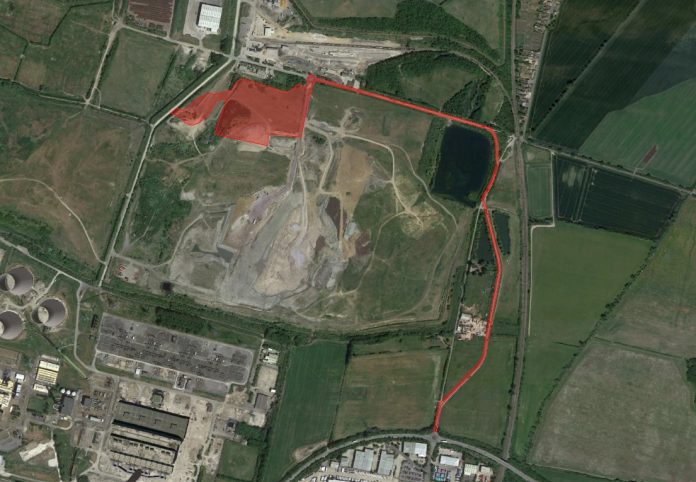Renewable Energy developer, Brockwell Energy is developing proposals for Parkway Energy Storage, a 300MW Battery Energy Storage System (BESS) that will be located on land at the Sutton Courtenay Waste Management Site, Appleford Sidings, Sutton Courtenay.
Before the plans are finalised and a planning application is submitted, Brockwell Energy is seeking feedback on its proposals for Parkway Energy Storage and is inviting local residents to an online webinar.
Brockwell Energy will be hosting the online webinar between 6pm and 7pm on Thursday 17 April to provide more information on the proposed project and consult with the community. People can register for the webinar here.
The webinar is an opportunity for people to understand more about the project, ask questions and provide feedback. The information that will be shared, along with a summary of the feedback and Q&A, will be provided on the project website after the webinar for people who are unable to attend.
At the event, Brockwell Energy representatives will talk about the proposed location, the layout, the potential timeline for project development and the proposed community benefit package to help support local initiatives.
Battery Energy Storage Systems are vital to securing a reliable, green energy system for the future.
The demand for electricity from homes and businesses changes throughout the day. For example, the demand for electricity is much higher in the early evening than in the middle of the night.
When demand for electricity on the national grid is low, renewable energy generates more electricity than we need. Battery Energy Storage Systems hold this excess electricity in batteries, ready to be released to homes and businesses when demand is high, or it is needed.
Without Battery Energy Storage Systems, renewable electricity that goes beyond the needs of homes and businesses is wasted. In some cases, the UK Government pays renewable energy providers to ‘turn off’ renewable energy sources in a process known as curtailment. Curtailment payments added approximately £40 on every household energy bill in 2024.
The UK Government’s Clean Power by 2030 Action Plan states that the country needs up to 27GW of battery storage by 2030 to help manage the volatility of renewable energy, including days when there is little wind or sun. There is currently only 4.5GW of capacity in the system.
Battery Energy Storage Systems need to be located near to power lines and a substation. Parkway Energy Storage’s location has been chosen as its visual impact is limited, and because it is located near to existing power lines and to an agreed National Grid connection at Didcot Substation.
Alongside the energy security and climate change benefits associated with renewable energy, Brockwell Energy is considering options for community benefits and would welcome ideas for potential community benefit schemes during consultation.
Gary Bird, Head of Project Development at Brockwell Energy, said, “If approved, Parkway Energy Storage will help strengthen the UK’s homegrown green energy supply. We’re keen for local residents to come along to the event so we can share more about our plans, answer questions, and hear your views.”




